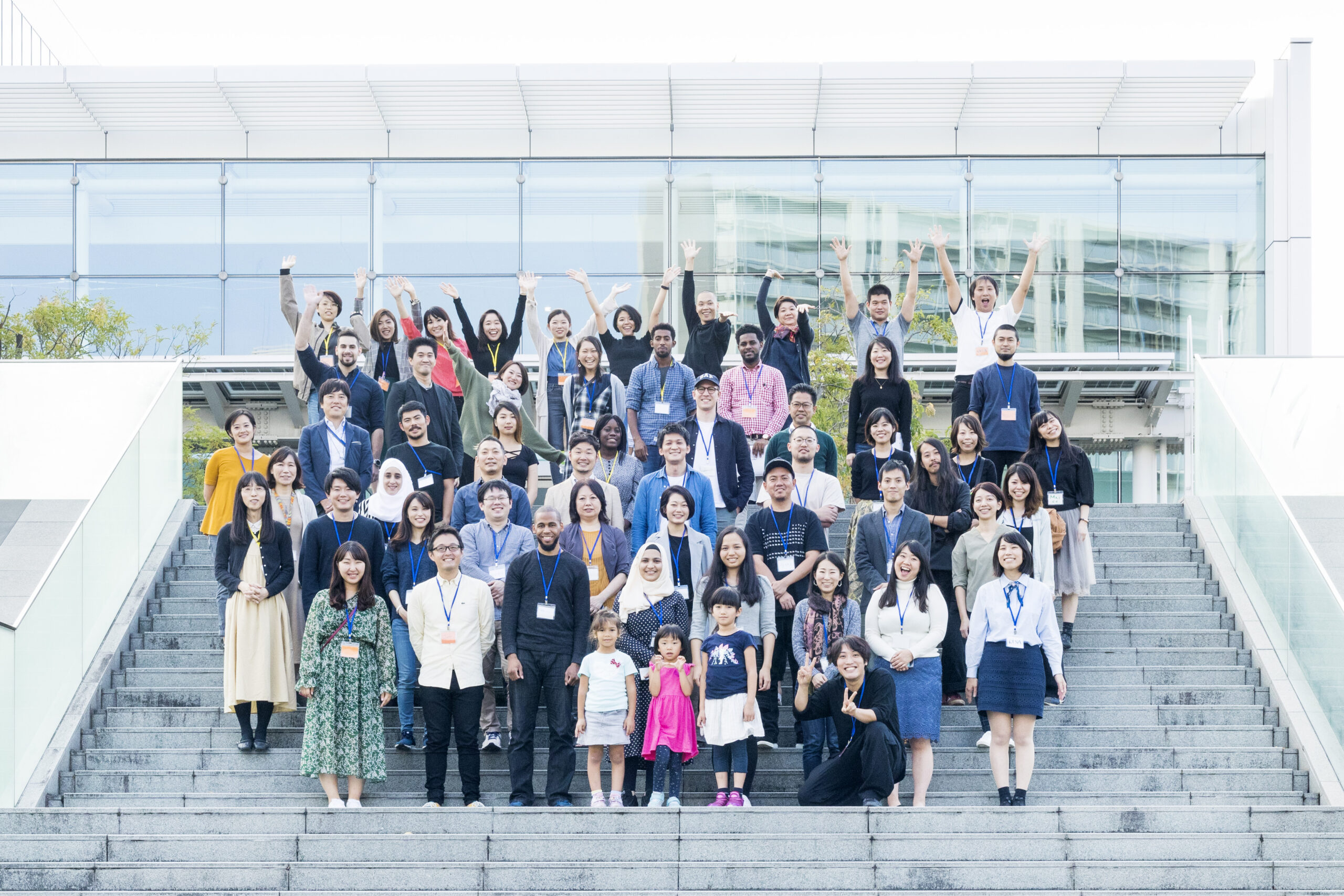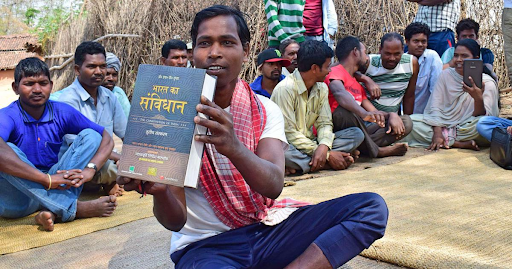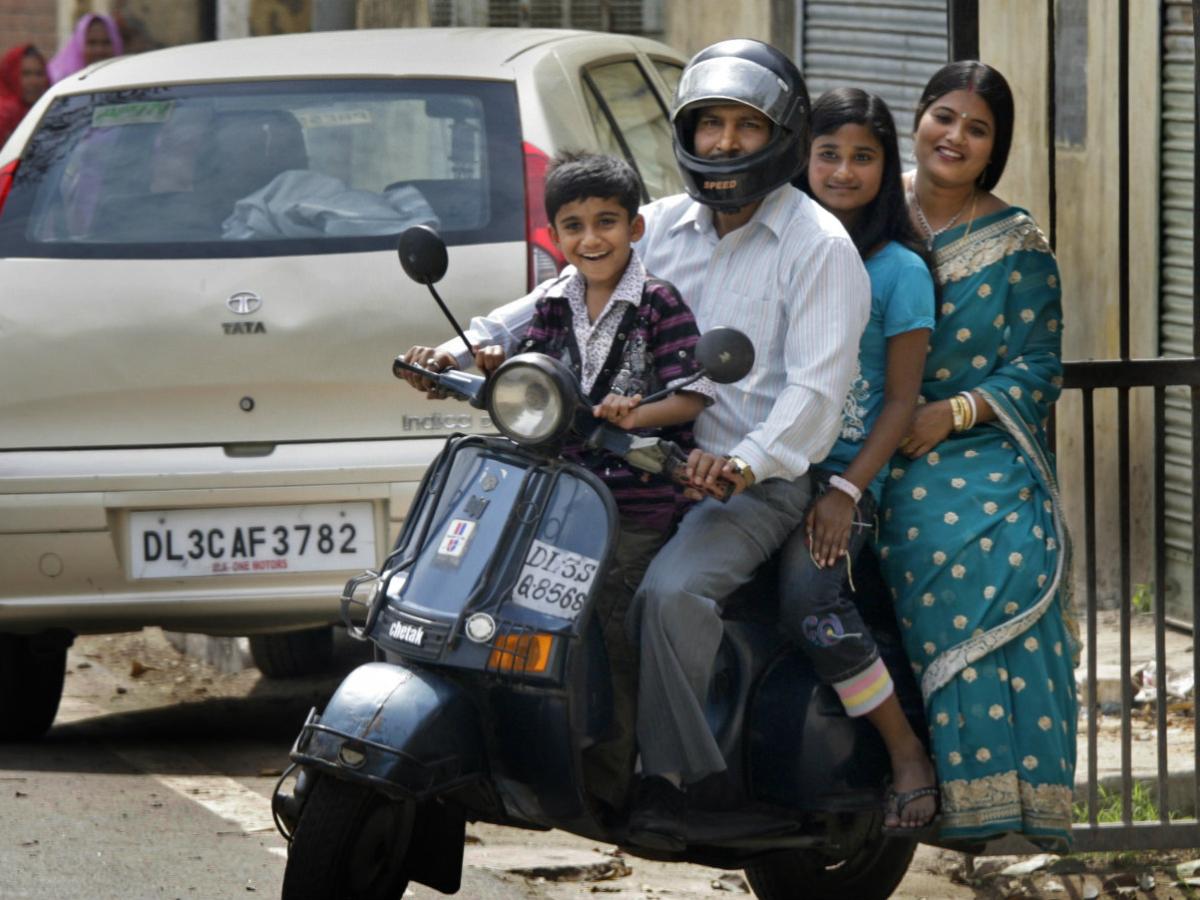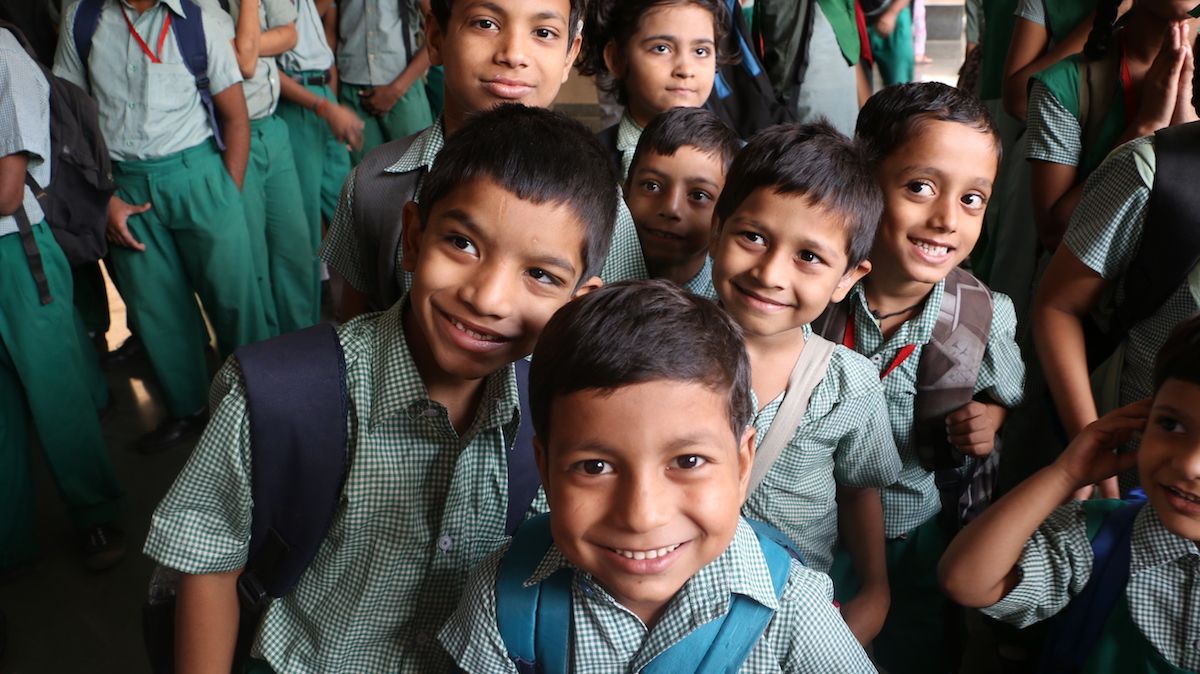What is WWF?
World Wildlife Fund for Nature is an internationally recognised, non-government, charitable trust founded in 1961, dedicated holistically to the fields of environmentalism, conservation and ecology, for the resurrection of our planet, Earth. It aims for the preservation of the wildlife and reduction of human impacts on the environment.
What does WWF do?
The organization employs its own vast teams of scientists, biologists, ecologists, advisory members, executive members, lawyers and advocates who work in collective to design strategies and projects.
At present its mission focuses on controlling and possibly halting the degradation of the natural environment of the planet and to bridge the disparity between humans and nature.
Why is it necessary?
- In this era of anthropocene, history is witness to the cruel demolition of numerous animal species, who have been completely exterminated from the face of the planet because of our untamed poaching habits ; the most memorable animals that are extinct are the passenger pigeons and dodos.
- The population of wild animals has reduced by 60%. There is a lack of wilderness that has set our entire ecology off-balance. This biodiversity loss itself is the single, biggest issue we face, as our planet will cease to work the way it did.
A few of the biggest achievements of WWF are:
Southern white rhino range extended,
Wildlife survey in South America,
Large scale tiger conservation,
Regulation of trade in endangered species,
National giant panda conservation plan and many more.
How is WWF protecting endangered species?
- In order to execute the mission strategies the organization has to procure the land for the animals and turn them into national parks and sanctuaries.
- Sufficient number of guardians need to be installed to inspect those wildlife shelters, to prevent unauthorized poaching, heal the animals in their sickness or injuries and encourage them to breed and populate.
- Masses need to be educated about the ecology. Educating young minds will lead to a more concerned generation.
- Sometimes experts are required to be called for who can commute to the isolated “danger spots” to help the animals or train the locals about wildlife preservation and treatments.
- To conglomerate all these danger spots, to provide necessary help and to distribute funds accordingly research is required. Sometimes, there are restrictions imposed on the organization by the country’s government, laws and regulations or the regional culture and beliefs or the livelihood of tribes local to the wildlife zones.
- WWF utilizes its lawyers and negotiators to convince the government, political bodies, locals as well as individuals to assist their purpose by amending, enforcing and strengthening the policies and guidelines that will rectify the damage done in past and restore the stability between man and the wild.
In conclusion, WWF strives for that world where both man and nature can thrive. The organization is propelled by the need to discover and achieve the necessary means to a sustainable living on the earth. And on occasion make the world a little more wilder.



























